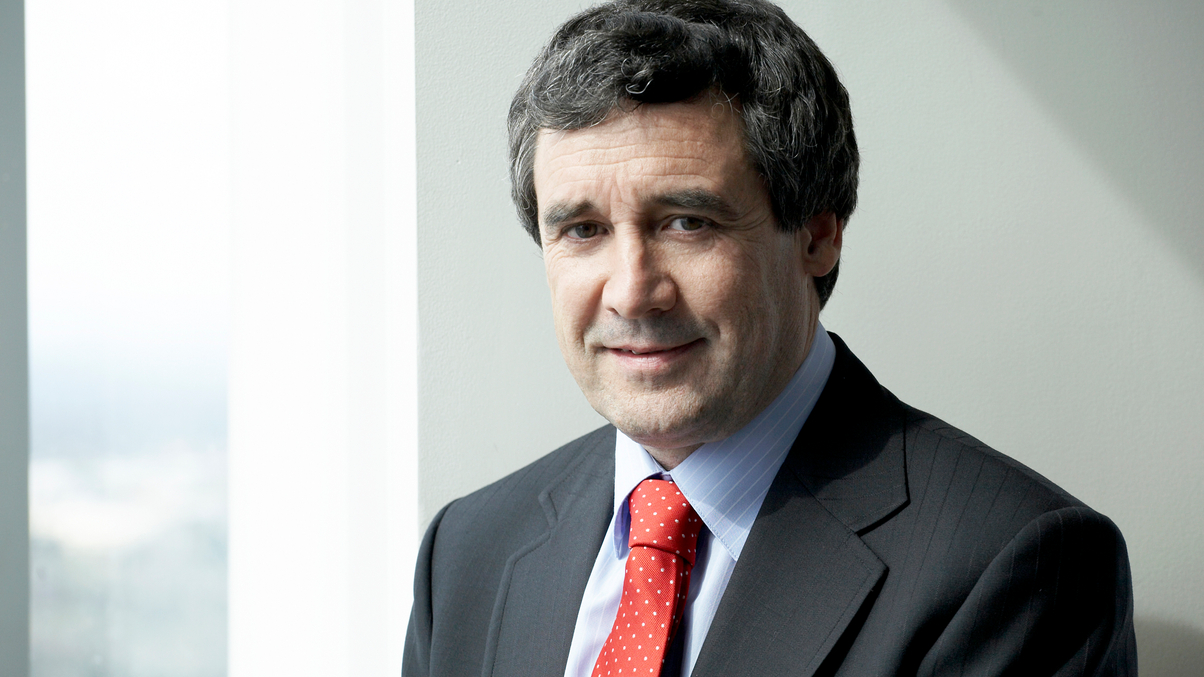Vanguard targets institutional build-out in HK, Asia
The firm is bringing its low-cost indexing approach to the region and has started targeting institutional clients out of its fledgling Hong Kong office.

US-based indexing specialist Vanguard Investments is focused on building its business out of Hong Kong and Asia as it sets out to explore sales and product opportunities in the region.
Sign in to read on!
Registered users get 2 free articles in 30 days.
Subscribers have full unlimited access to AsianInvestor
Not signed up? New users get 2 free articles per month, plus a 7-day unlimited free trial.
¬ Haymarket Media Limited. All rights reserved.


